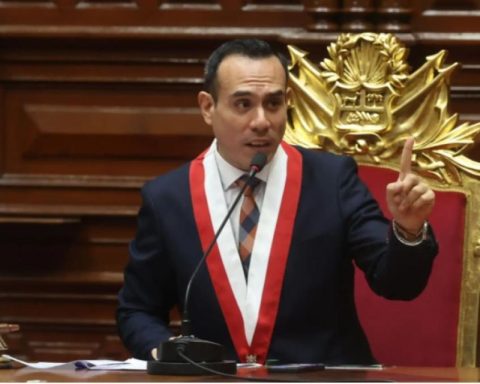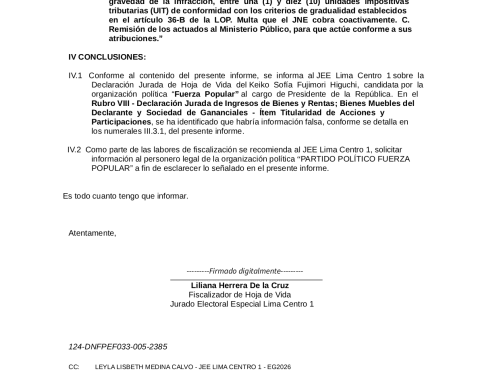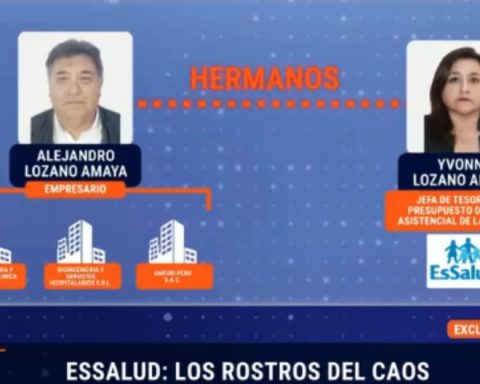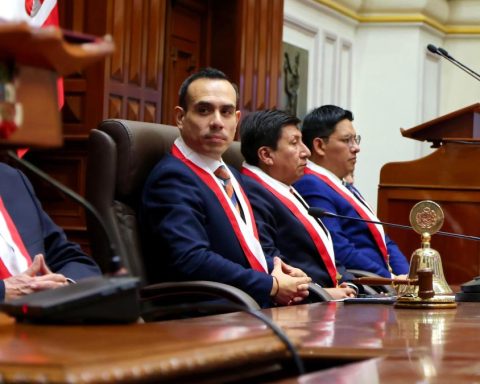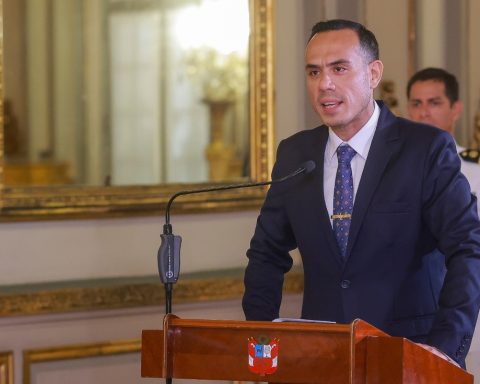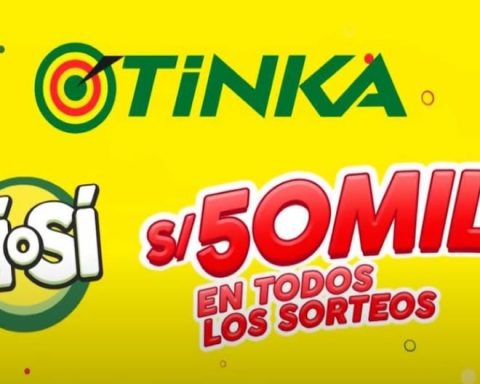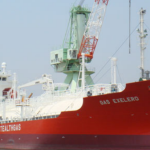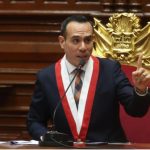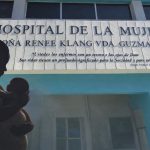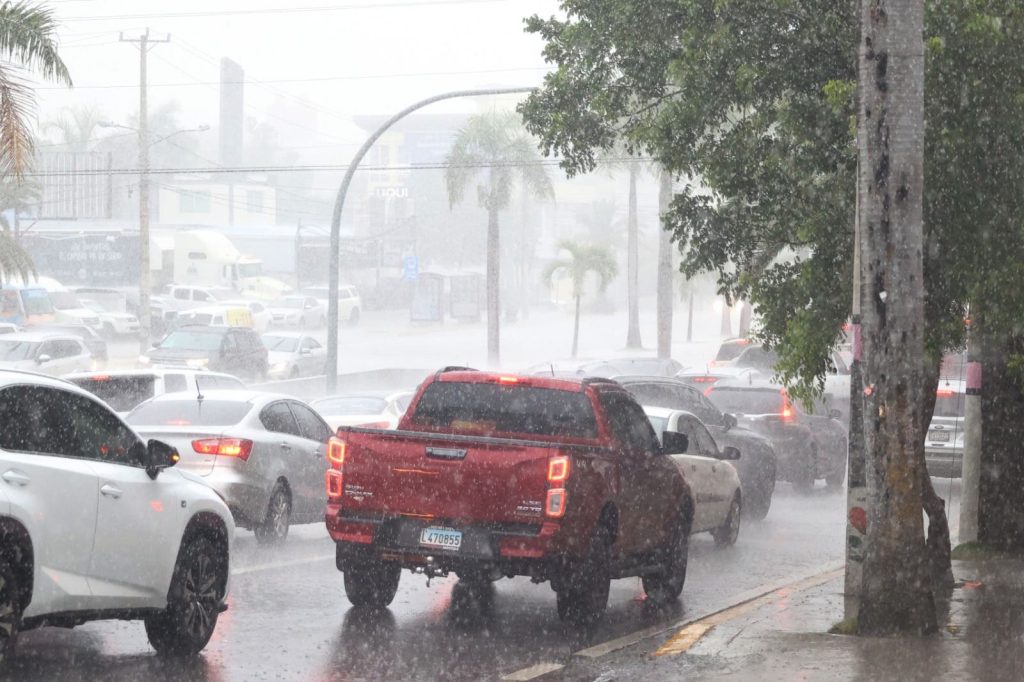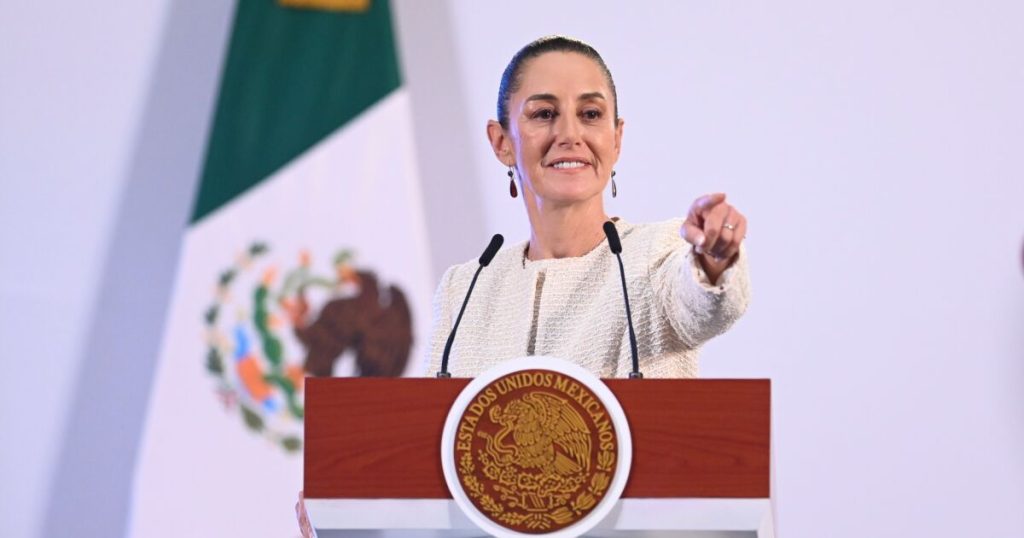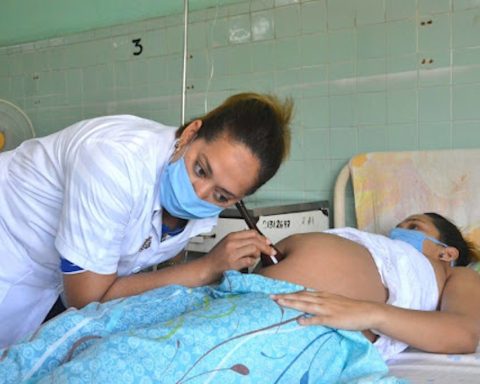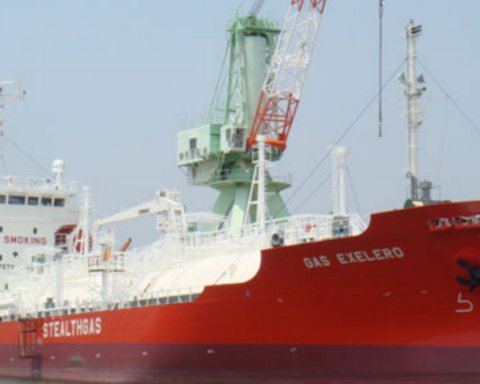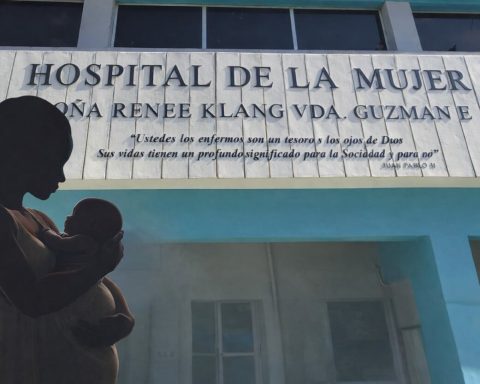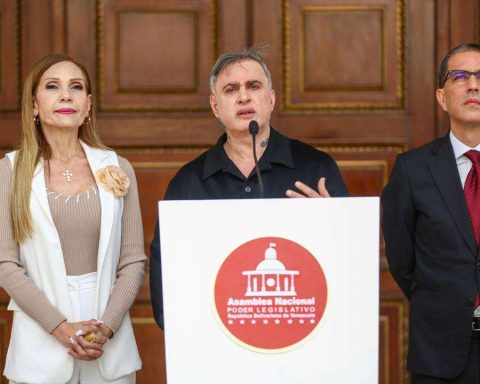Imagine arriving at El Alto International Airport, one of the oldest and most significant airports in Boliviaaround 4 in the morning (Bolivian time), but surprisingly what draws your attention the most is not the intense cold at more than 4,000 meters above sea level, but the long lines of vehicles that are seen on the way to the center from the city of La Paz. All those cars are waiting to be refueled. This is the reality that the neighboring country is experiencing today.
Look: SBS begins the supervision process of Interbank offices
Many Peruvians surely remember the experience they had in the 80s, when they had to wait for a long time to buy food or kerosene, although that situation is in the past. However, in La Paz, one of the main cities of Boliviaknown for its modern public transportation system through cable cars, the current crisis seems to be getting worse, far from being solved. Hundreds of drivers spend the night camping at service stations, awaiting fuel supplies. Those who are lucky or manage to get information through applications usually wait two to three hours, although uncertainty has become a constant in their daily lives.
Bolivia, which has gone from the “Bolivian miracle” to the “Bolivian lament,” is now plagued by profound difficulties: a fiscal deficit equivalent to 11% of GDP, projected growth of barely 1.5% for this year, inflation close to 11.3% in 2024 and an exchange rate frozen at 6.9 bolivianos (although in the parallel market it reaches 11.9 bolivianos per dollar). As the country faces tensions between Evo Morales (today accused of child sexual abuse) and his former Minister of Economy, now president, Luis Arce, citizens demand quick and effective solutions. But these do not arrive.
Peru21 collected testimonies from some Bolivians who face this situation, not only because of the road blockades promoted by Morales followers, but also because of the consequences of a regulated exchange rate, the lack of an independent Central Bank and a weak attraction of private investment. .
Susana (worker): “I feel sad because there is no work. Our salary is no longer enough; To cook you have to make adjustments. Everything has gone up, some things are even double. The Government has to think about us and solve the problem.”
Fernando (taxi driver): “Every day you have to wait in line for two hours. We pay the same for fuel, but we lose time in line. Not even the rates we offer are sufficient anymore.”
Valentina (student and worker): “Inflation is affecting us, mainly young people who are starting out. I’m even a mother and, if before I invested 200 bolivianos a week on fruit, now it’s like 400. I don’t know about politics, but I do know that we need politicians to have more empathy. “They are wealthy, but they are people who are within a bubble of privilege.”
Giovanna (worker): “Everything is complicated, there is a lot of concern. “The Government needs to act, to worry about the economic situation, to do everything that is needed.”
Jaime (worker and student): “The situation is tough, difficult due to the issue of fuel shortages. Daily, we see rising prices of vegetables. For now I can get everything easily, but I’m seeing that this could get complicated in the future. I hope they can solve the problem, because the blockades are generating a shortage of gasoline, chicken, and meat in La Paz.”
Look: Inflation fell 0.09% in October, according to the INEI
PURCHASING POWER
The Bolivian analyst Jose Gabriel Espinoza He pointed out that, in recent months, purchasing power has fallen drastically, which is reflected in prices. “The basic basket of products such as rice, potatoes, tomatoes, onions, milk, butter and proteins has had monthly increases of between 10% and 15%, which especially affects those with unstable income in the informal economy,” he explained. to this newspaper.
In that sense, he added that much of the growth that will occur in the region in the future is related to private investment and the development of family and business activities. For this reason, he pointed out that one of the errors is believing that it is enough to pressure the public sector.
Likewise, he recalled that in Bolivia last year the deficit reached US$4.8 billion, of which around US$2.0 billion was allocated to fuel subsidies.
For former vice presidential candidate Gustavo Pedraza, although for years former President Evo Morales “bragged” about having found the “model of the Bolivian miracle,” it was only based on the export of raw materials.
“When Evo Morales assumed the presidency, Bolivia It exported 8 million cubic meters of gas with an exclusive contract with Brazil, which stipulated a progressive increase until reaching 31 million. At that time, the price per thousand BTU (British thermal unit) was US$3, and then it rose to US$11,” he said.
Currently, productivity has decreased, the country depends a lot on imports, it needs more dollars. And, meanwhile, the political crisis worsens ahead of the general elections in 2025.
Take advantage of the NEW EXPERIENCE, receive our enriched digital newspaper by mail and WhatsApp. Peru21 ePaper.
Now available in Yape! Find us at YAPE Promos.
RECOMMENDED VIDEO
